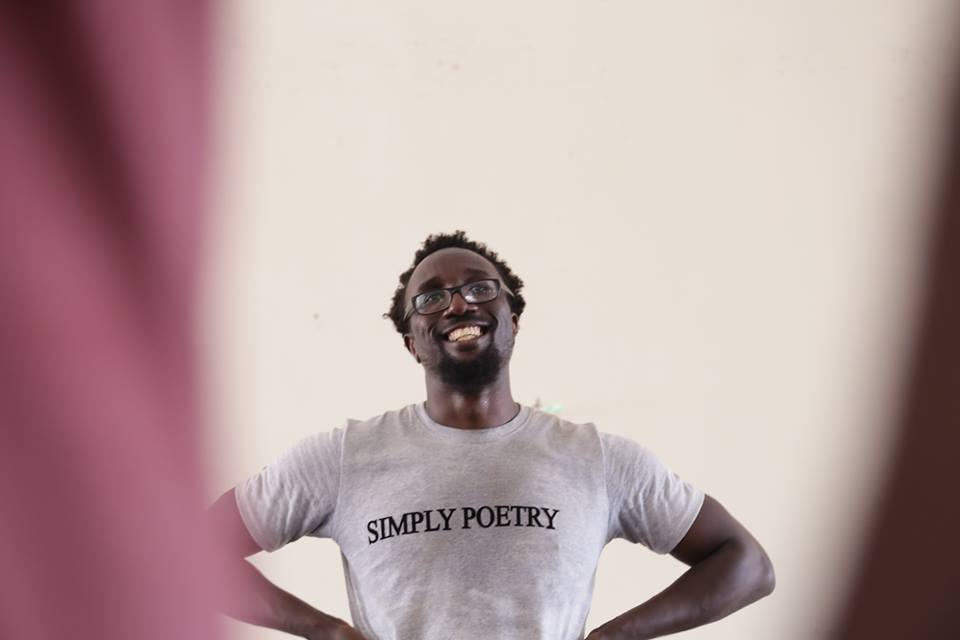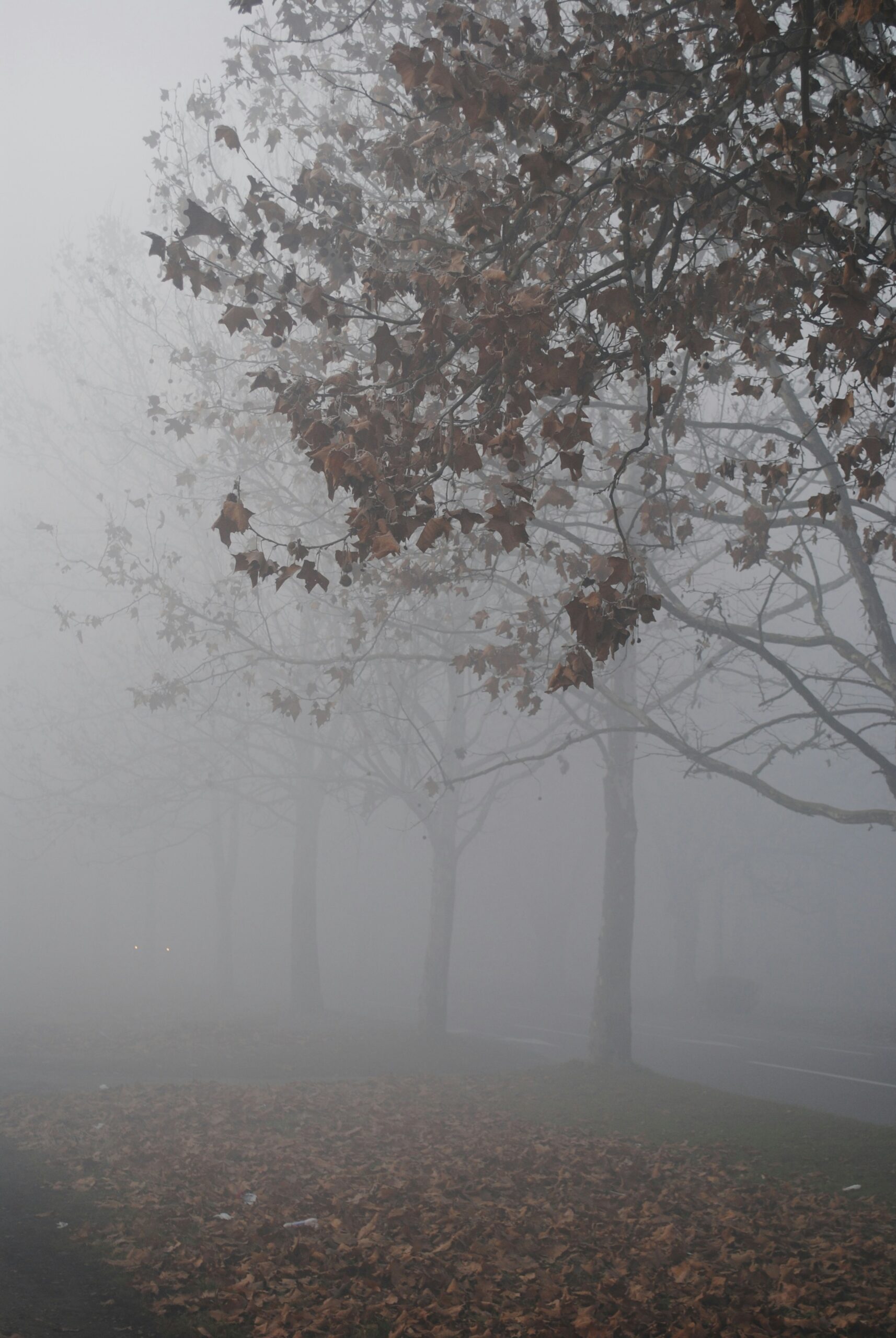
Konya Shamsrumi: What is the process of writing a poem like for you? Is it a lot of hard work or easy?
Dike Chukwumerije: It is easy when it is easy. And it is hard when it is hard. You know? And when it is hard, the hardest part for me is the part right after the opening lines. Coming up with the opening lines is the second hardest part. But the lines that should follow the opening lines? That can be really hard for me. And the third hardest part is how to end it. So, you can see, it’s all agony when it’s hard. By the time I’m done, I have a headache. I want to sleep. But when it’s easy, it’s easy. In this case, there’s less conscious thinking and plotting. It’s more intuitive. And I typically end on a high.
Konya Shamsrumi: Please describe your sense of identity in this or any possible world in imagery or metaphor?
Dike Chukwumerije: I see myself as an earthen pot carrying something precious. And I constantly hope, and pray, that I hold together long enough to fulfil my destiny.
Konya Shamsrumi: If any of your poems could literarily save a person’s life, which poem would it be and can you describe the person whose life you think it would have saved?
Dike Chukwumerije: I have never written a poem I have consciously thought about in this way. But someone told me once that a poem of mine titled ‘The Death of Youth’ caused him to re-consider certain choices he had made at work. And, another poem, ‘What You Must Do Now’, which I wrote as some sort of self-therapy, at a time I was going through a difficult period, had made it into an anthology dedicated to raising awareness on Mental Health and dealing with things like depression. I also have a poem titled ‘The Wall and The Bridge’ aimed at the soul of my society, trying to rescue it from prejudice and tribalism, which has generated a lot of conversation between and within people.

Konya Shamsrumi: What does Africa mean to you, as potential or reality?
Dike Chukwumerije: Africa is home – at least, the tiny little part of it that the holds my roots. It is nostalgia, for a world that a generation of pan-Africanists evoked in their writings and established in the consciousness of people like me. It is sadness, for the inequities it represents and the patterns and trends it has become famous for. It is longing, for what could be if there were roads that ran from Cairo to Cape Town, and giant dams on the Congo or the Limpopo or the Benue relentlessly churning out black power. It is an idea, that melanin should not be synonymous with poverty, that poverty should not be a dark-skinned child with chapped lips and teary eyes. It is a curse and a blessing, an asset and a liability, a thousand emotions that break my heart every night, a faith that will not leave me – no matter the pain its constant deferral causes – that one day, you know, one day…
Konya Shamsrumi: Could you share with us one poem you’ve been most impressed or fascinated by? Tell us why and share favorite lines from it.
Dike Chukwumerije: “Let there be spaces in your togetherness, And let the winds of the heavens dance between you. Love one another but make not a bond of love: Let it rather be a moving sea between the shores of your souls. Fill each other’s cup but drink not from one cup. Give one another of your bread but eat not from the same loaf. Sing and dance together and be joyous, but let each one of you be alone, Even as the strings of a lute are alone though they quiver with the same music. Give your hearts, but not into each other’s keeping. For only the hand of Life can contain your hearts. And stand together, yet not too near together: For the pillars of the temple stand apart, And the oak tree and the cypress grow not in each other’s shadow.” Khalil Gibran.
I think the poem speaks for itself.
Dike Chukwumerije is a performance poet and author. He is the Programs Director of the Abuja Literary Society (ALS), and the CEO of Simply Poetry Ltd, a performance poetry production company with a live stand-up Poetry show and several Spoken Word Theatre productions. He has several published works, including ‘The Revolution Has No Tribe’, ‘On My Way To Azure Shores’ and ‘Ahamefula’.













Leave a Reply